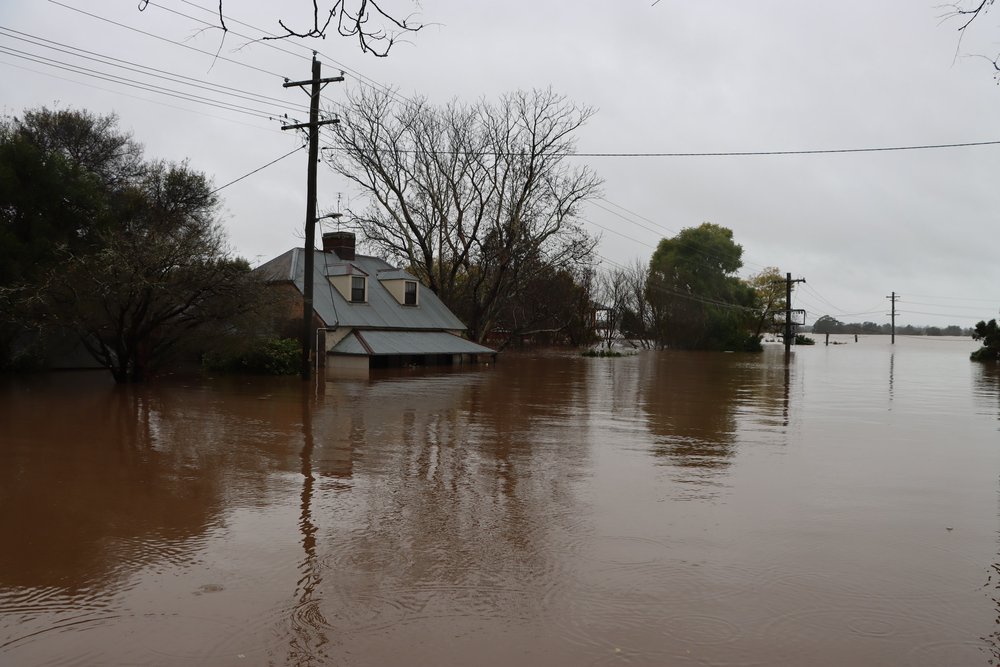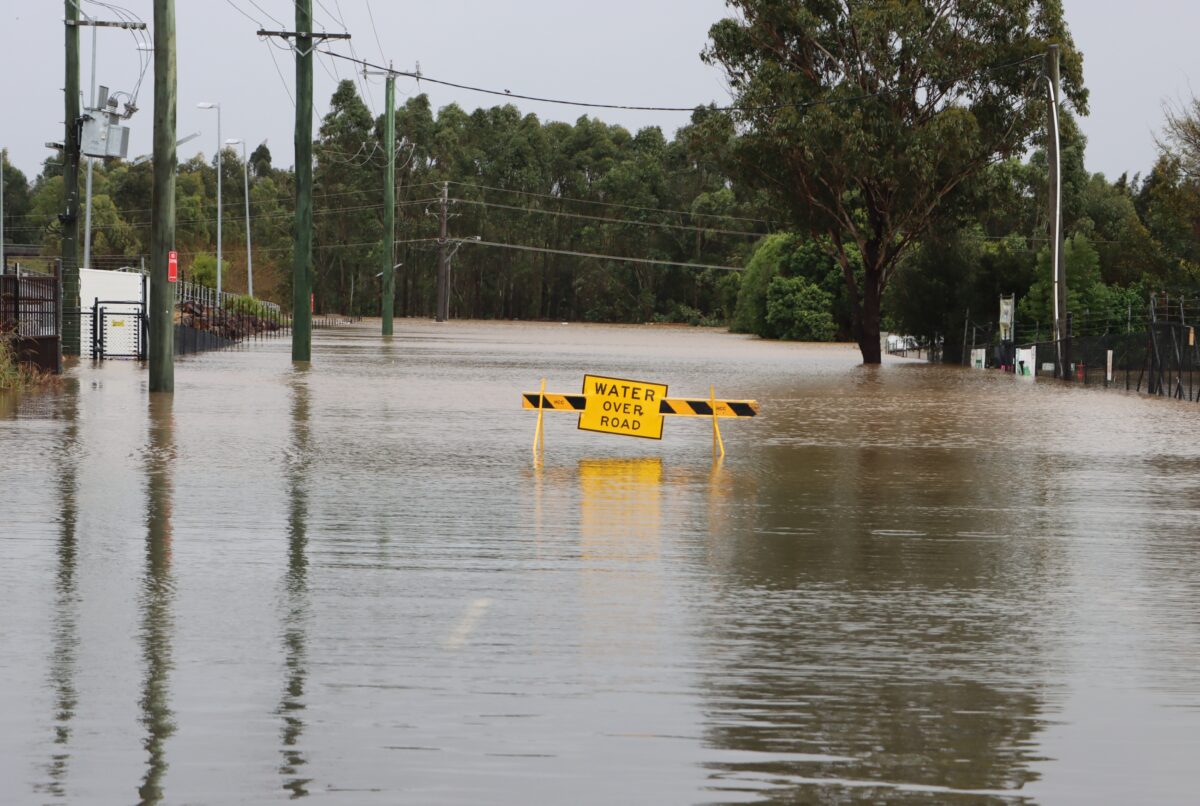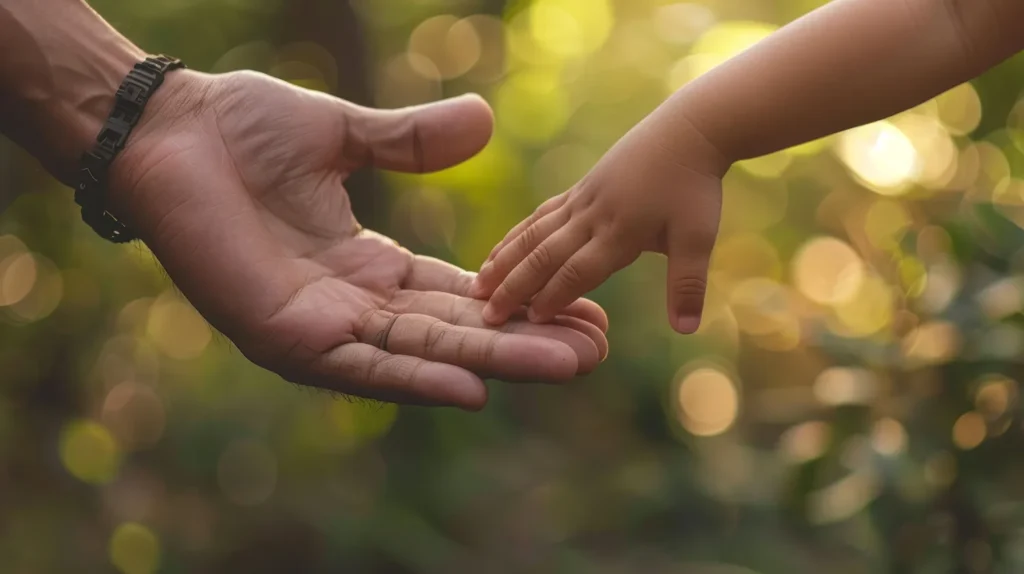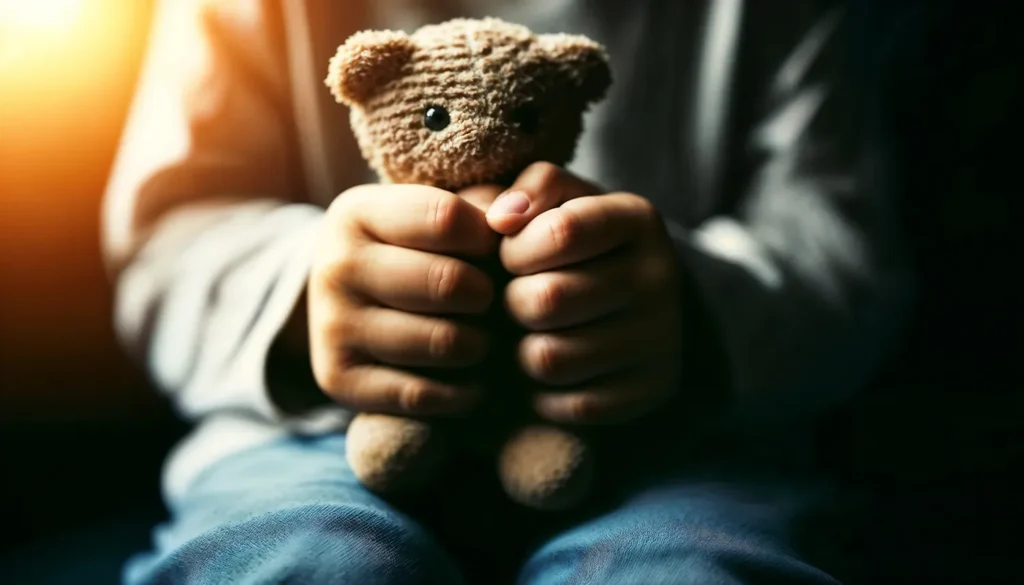Natural disasters traumatic events. The threat to (or loss of) life, property, livestock and livelihoods that often accompany these events can be extremely distressing, made all the more difficult during the Christmas season. With years of bushfires, drought and floods experienced in all parts of Australia, many people have been affected physically and emotionally, leaving them feeling a range of things such as exhausted, anxious, overwhelmed, sad, shocked, and despairing.
What can we as followers of Christ do to help? How can we be people of hope during such difficulties? Here are eight steps to consider in caring for others:
1. Provide for basic physical needs.
Lift the burden a little by making sure there are beds to sleep in (if homes have been lost or left behind) and nourishing food to eat. If we are living far away from the crisis, we can support charities involved in this work.
2. Be present for them.
When under severe stress, we need each other. We are stronger together, and everyone benefits when communities rally together during these times. Don’t leave people isolated without support. As Paul writes in Romans 12: “Rejoice with those who rejoice; mourn with those who mourn.”
3. Provide a safe space for them.
Having to flee a life-threatening situation can trigger strong physiological responses in our bodies. A quiet, comfortable environment where people feel safe helps the calming process.
4. Let them talk if they want to.
Sharing feelings changes feelings. You can’t fix what’s happened, but just listening if neighbours want to talk can help them begin to process what they have been through and to gain perspective. Be gentle, don’t interrupt, and don’t push your own agenda in the conversation. (See James 1:19)
5. Ask them what you can do to help.
Making even small decisions can be difficult when under stress, but it is always worth providing options and choices. Doing something ‘with’ rather than simply doing something ‘for’ can be empowering.

6. Give them time to recover and stick around for the long haul.
Rarely are these ‘quick fix’ situations. Being willing to walk with them over the coming weeks and months can be of great benefit.
7. Point them to where they might receive further help.
While communities and churches can offer a great deal of mutual support, it’s worth knowing of further avenues of assistance. Helpful information is available through the following links/organisations. These resources also provide details of helplines and emergency assistance.
Rev. Dr. Keith Condie is Co-Director/Founder with his wife Sarah of the Mental Health & Pastoral Care Institute at Anglican Deaconess Ministries. He has degrees in psychology, theology and history, and for his PhD, he looked at meditation in the thought of a seventeenth-century Puritan pastor, Richard Baxter. Keith has worked in child welfare for the state government as well as serving as an Assistant Minister in two churches in Sydney. For nearly 20 years, he was on the faculty at Moore Theological College as Dean of Students and lecturer in ministry and church history. Keith enjoys reading, keeping fit, cooking and the ritual of Thursday night family dinners, while escaping occasionally to the coast to walk along isolated beaches.
This article was first published by Anglican Deaconess Ministries in December 2019 in response to the bushfires happening at the time on the east coast of Australia.




